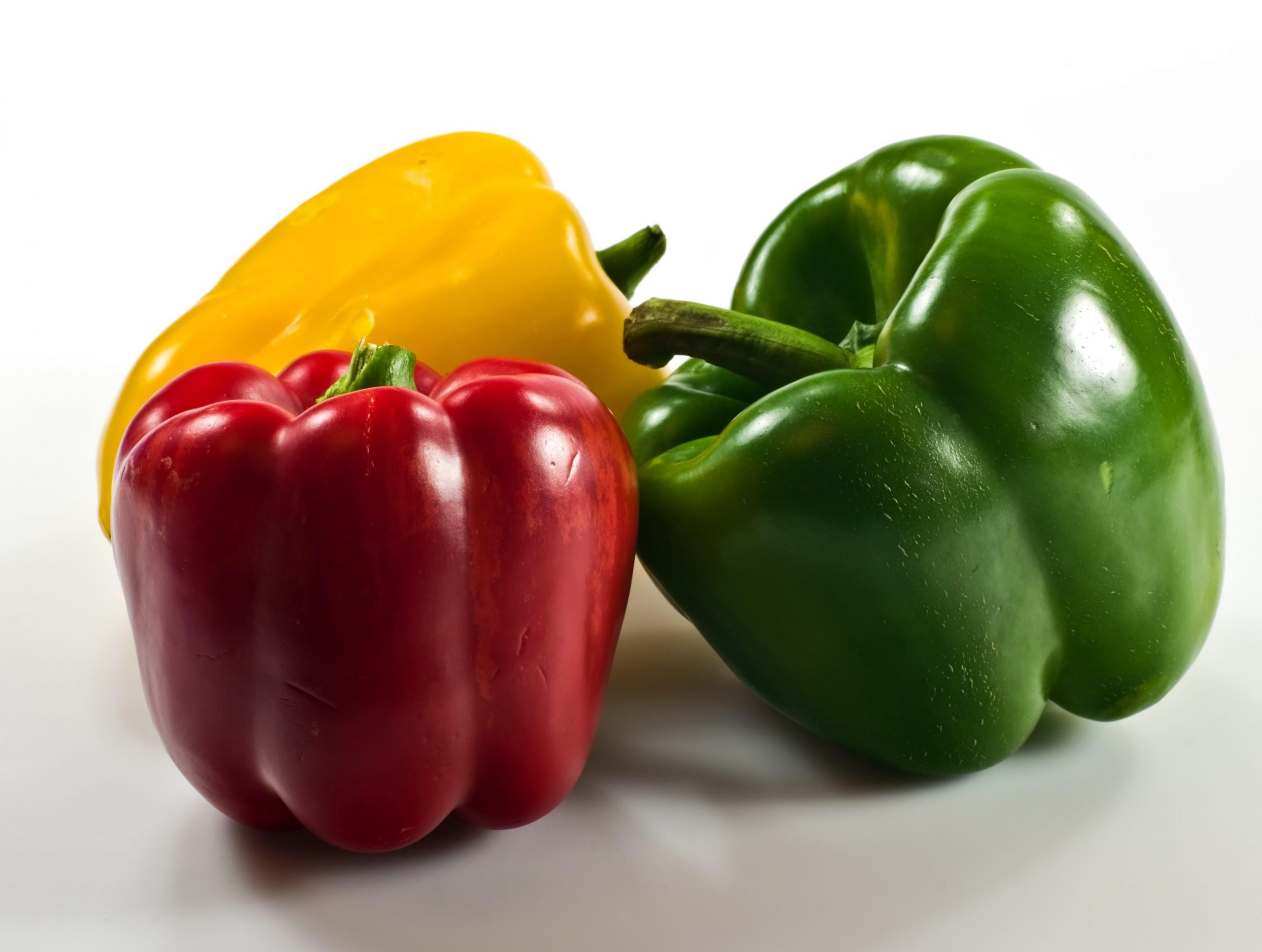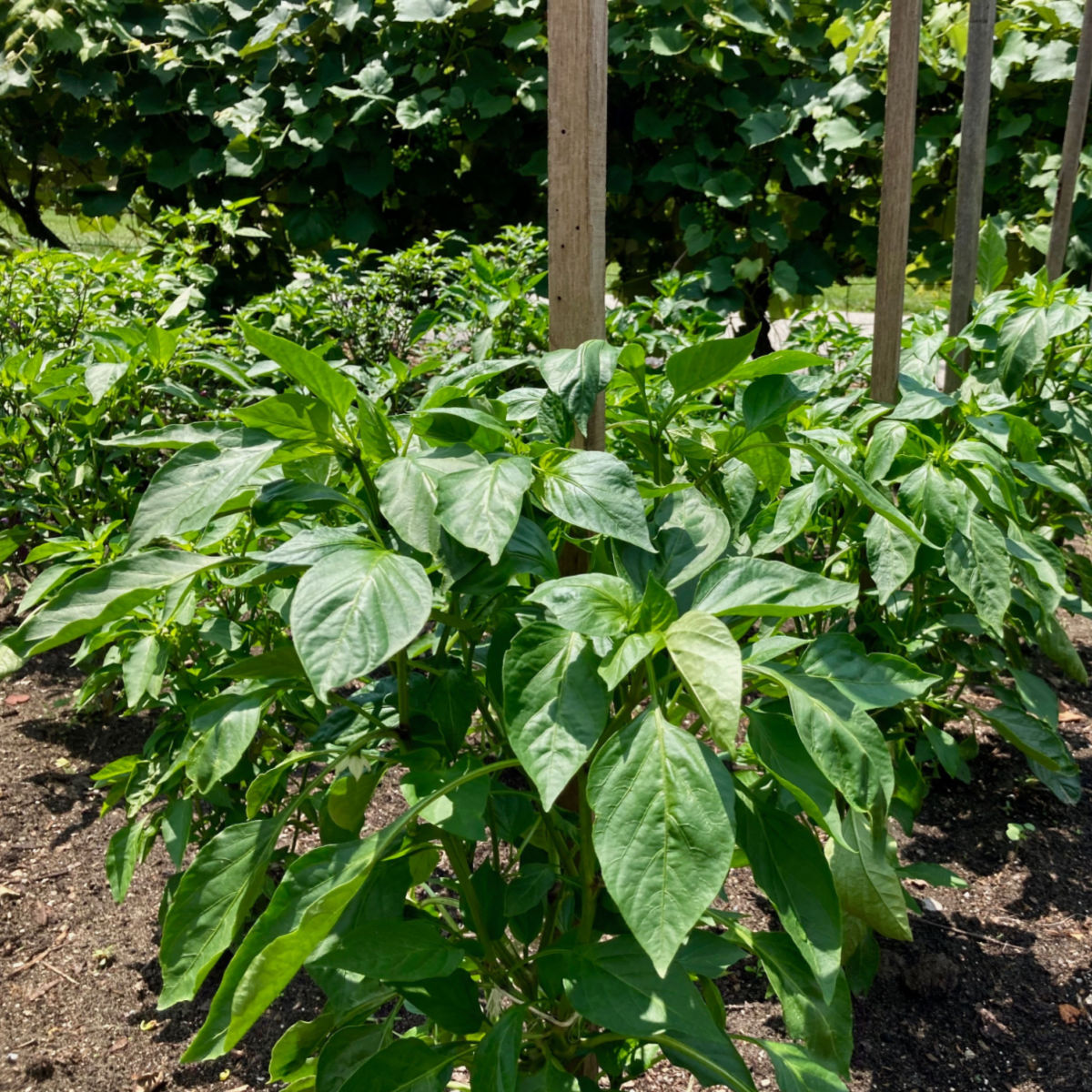The Benefits and Techniques of Using Plant Foods for Peppers in Your Garden
When it pertains to cultivating a successful pepper yard, the role of fertilizers can not be neglected. The benefits of using plant foods for peppers extend past mere plant development; they play a crucial duty in improving fruit manufacturing and general plant health and wellness. The world of fertilizers can be frustrating, with many choices available, each declaring to be the finest. Recognizing the particular demands of pepper plants and selecting the ideal fertilizer can be a game-changer in your horticulture journey. By checking out the methods of proper plant food application and developing a schedule tailored to your pepper plants, you can unlock their complete capacity. Join us as we uncover the intricacies of fertilizing peppers efficiently and successfully, ensuring a plentiful harvest and thriving yard.
Importance of Plant Foods for Peppers
Fertilizers play a vital function in making sure the optimum growth and efficiency of pepper plants in a yard setup. The key nutrients needed by pepper plants are potassium, phosphorus, and nitrogen.
When peppers lack these important nutrients, they may exhibit stunted development, yellowing fallen leaves, decreased blooming, and inadequate fruit collection. By providing the appropriate plant foods in the right amounts, garden enthusiasts can address these deficiencies and advertise healthy plant development. Furthermore, fertilizers help pepper plants withstand ecological stressors such as extreme temperatures, bugs, and conditions, allowing them to focus their energy on growth and fruit manufacturing.
Choosing the suitable plant food solution, whether artificial or natural, and adhering to appropriate application methods are vital elements in maximizing the benefits of fertilizers for pepper plants in a yard setup. Normal soil screening can also help determine any nutrient discrepancies and overview gardeners in developing a customized fertilization plan tailored to the details needs of their pepper plants.
Selecting the Right Fertilizer
Choosing the ideal fertilizer for pepper plants is vital for guaranteeing their optimum growth and efficiency in a garden setup. When choosing a fertilizer for peppers, it is vital to think about the particular nutrient requirements of these plants.
:strip_icc()/BHG-Growing-Peppers-Indoors-EzgaEnB7KML9Ym_plkvuxK-9398f1341d86483083862533ae7622db.jpg)
Prior to using any type of plant food, it is vital to conduct a dirt examination to identify the current nutrient levels in the soil. This info can assist you in selecting the best fertilizer and creating a customized fertilization strategy for your pepper plants, advertising healthy and balanced growth and abundant returns.
Application Strategies for Maximum Outcomes
To achieve optimum growth and performance for pepper plants in your yard, what secret application strategies can be used for optimum results? When applying fertilizers to pepper plants, it is critical to adhere to specific techniques to guarantee that the nutrients are effectively taken in and utilized by the plants. One necessary strategy is to use the fertilizer equally around the base of the plants, guaranteeing that it is not concentrated in one area. This helps to stop origin burn and enables consistent nutrient uptake.
One more vital application method is to sprinkle check my site the plants thoroughly after applying the plant food. This assists to liquify the nutrients and lug them to the roots where they are required for growth. In addition, it is suggested to use plant foods throughout the cooler components of the day, such as very early morning or late night, to avoid dissipation and make the most of absorption.
Furthermore, regularly keeping an eye on the plants for any type of indicators of nutrient deficiency or excess can aid in changing the plant food application as necessary. By employing these vital application strategies, you can make sure that your pepper plants get the required nutrients for healthy and balanced development and abundant yields.
Plant Food Arrange for Pepper Plant Kingdoms
When should pepper plants be fertilized to ensure optimum development and efficiency in your yard? Developing a well-structured plant food schedule is important for the healthy and balanced growth of pepper plants - best fertilizers for peppers. Peppers have specific nutritional needs that vary throughout their growth stages

As the pepper plants begin flowering, switch to a phosphorus-heavy plant food to promote robust flower and fruit formation. Potassium-rich plant foods must be introduced throughout the fruiting stage to enhance fruit quality and yield.
Throughout the growing season, monitor the plants for any indicators of nutrient shortages and change the fertilizer timetable accordingly. Keep in mind to sprinkle the plants deeply after each fertilizing to aid in nutrient absorption. By adhering to a well-tailored and regular plant food schedule, you can guarantee vigorous growth and bountiful harvests from your pepper plants.

Tips for Feeding Peppers Effectively
Efficiently feeding peppers involves not just comprehending their certain nutrient needs throughout different development phases, as talked about previously, however additionally implementing functional strategies to enhance nutrient uptake and application. One essential suggestion is to carry out a dirt examination before using any fertilizers to determine the existing nutrient degrees. This aids in personalizing additional reading the fertilizer application to satisfy the specific requirements of the pepper plants. It is advisable to use a balanced fertilizer with a proportion such as 10-10-10 or 20-20-20 to make sure peppers get a mix of essential nutrients. Using plant foods in the correct amount and at the appropriate time is vital. It is usually advised to feed peppers gently however frequently throughout the expanding period. Over-fertilizing can lead to vitamins and mineral imbalances and cause harm to the plants. In addition, sprinkling the plants before and after feeding aids in the reliable absorption of nutrients. Integrating organic issue right into the soil can enhance its nutrient-holding capacity, helping in the long-lasting health and wellness of pepper plants.
Final Thought
Finally, fertilizers play a vital function in the development and advancement of pepper plants in your garden. By picking the suitable plant food and applying it appropriately, you can ensure your peppers receive the needed nutrients for optimum development. best fertilizers for peppers. Adhering to a constant fertilizer timetable and carrying out effective strategies will help make the most of the advantages of plant foods for your pepper plants, causing healthy and balanced and efficient crops
The advantages of using plant Website foods for peppers prolong beyond plain plant growth; they play a crucial duty in improving fruit production and overall plant health.Fertilizers play a critical duty in making sure the optimal growth and efficiency of pepper plants in a yard setup. When choosing a plant food for peppers, it is essential to take into consideration the particular nutrient requirements of these plants. When applying fertilizers to pepper plants, it is critical to follow certain strategies to make certain that the nutrients are effectively absorbed and used by the plants. Following a regular fertilizer timetable and applying efficient strategies will aid optimize the benefits of plant foods for your pepper plants, resulting in healthy and productive crops.